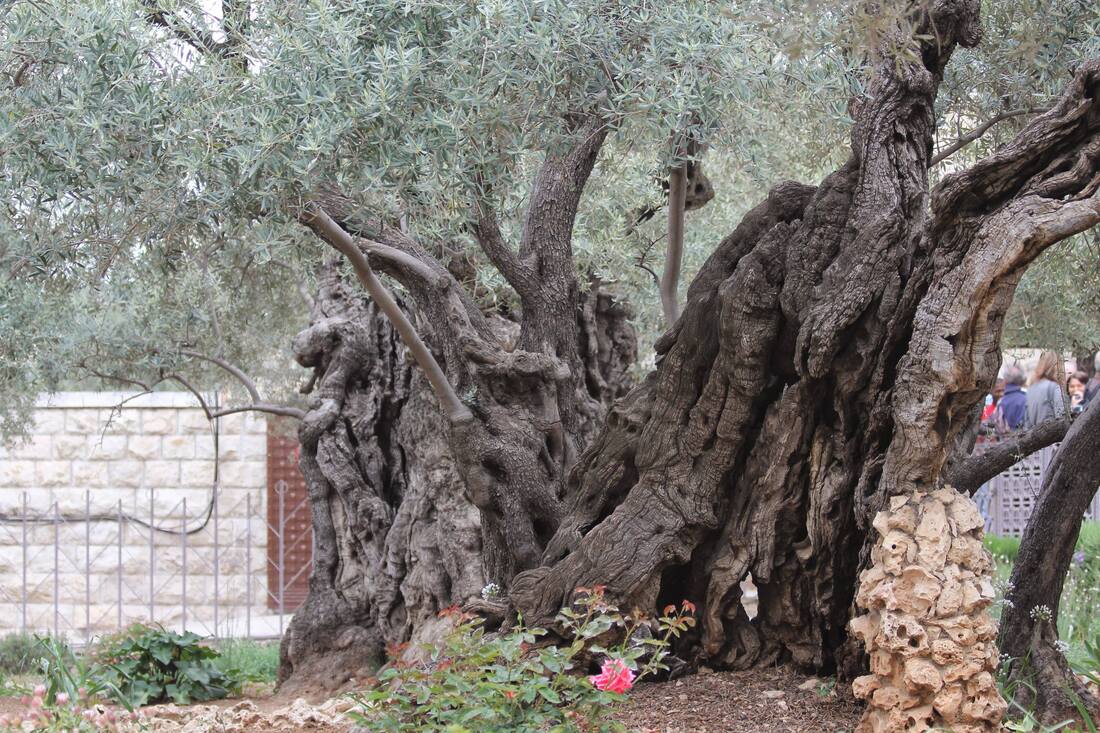| Teacher: Matt Tully Series: Stand Alone |
Matt's Notes | |
- Rusty is sick. Hasn’t eaten since Thursday. I asked him what he’d like me to talk about and he just said “Jesus”. JESUS AND PEOPLE
- JEREMY CHASTAIN SAID “PEOPLE ARE AFRAID TO QUESTION WHAT THEY BELIEVE BECAUSE THEY THINK IT WILL ALL UNRAVEL.” Like a bad sweater thread.
- SAINT I am a saint (Rm 1:7, Eph 1:1, Php 1:1 Ju 1:3)
- NEW CREATION Therefore if anyone is in Christ, this person is a new creation; the old things passed away; behold, new things have come. (2 Cor 5:17)
- COMPLETE and in Him you have been made complete, and He is the head over every ruler and authority (Col 2:10)
- PERFECT For by one offering He has perfected for all time those who are sanctified (Heb 10:14)
- ONE SPIRIT But the one who joins himself to the Lord is one spirit with Him. (1 Cor 6:19)
- ETERNAL and not through the blood of goats and calves, but through His own blood, He entered the holy place once for all time, having obtained eternal redemption (Heb 9:12)
- NO CONDEMNATION Therefore there is now no condemnation at all for those who are in Christ Jesus. (Rom 8:1)
- FREE For the law of the Spirit of life in Christ Jesus has set you free from the law of sin and of death. (Rom 8:2)
- RIGHTEOUS He made Him who knew no sin to be sin in our behalf, so that we might become the righteousness of God in Him. (2 Cor 5:21)
- just as He chose us in Him before the foundation of the world, that we would be holy and blameless before Him. (Eph 1:4)
- and He Himself brought our sins in His body up on the cross, so that we might die to sin and live for righteousness; by His wounds you were healed. (1 Pet 2:24)
- who also made us adequate as servants of a new covenant, not of the letter but of the Spirit; for the letter kills, but the Spirit gives life. (2 Co 3:6)
- GOAL KNOW HIM I press on toward the goal for the prize of the upward call of God in Christ Jesus. (Ph 3:14)
- and He made us into a kingdom, priests to His God and Father—to Him be the glory and the dominion forever and ever. (Rev 1:6)
- “You are the light of the world. A city set on a hill cannot be hidden; (Mt 5:14)
- For we are a fragrance of Christ to God among those who are being saved and among those who are perishing: (2 Cor 2:15)
- TRUST Blessed is the man who trusts in the Lord, And whose trust is the Lord. (Jer 17:7)


 RSS Feed
RSS Feed